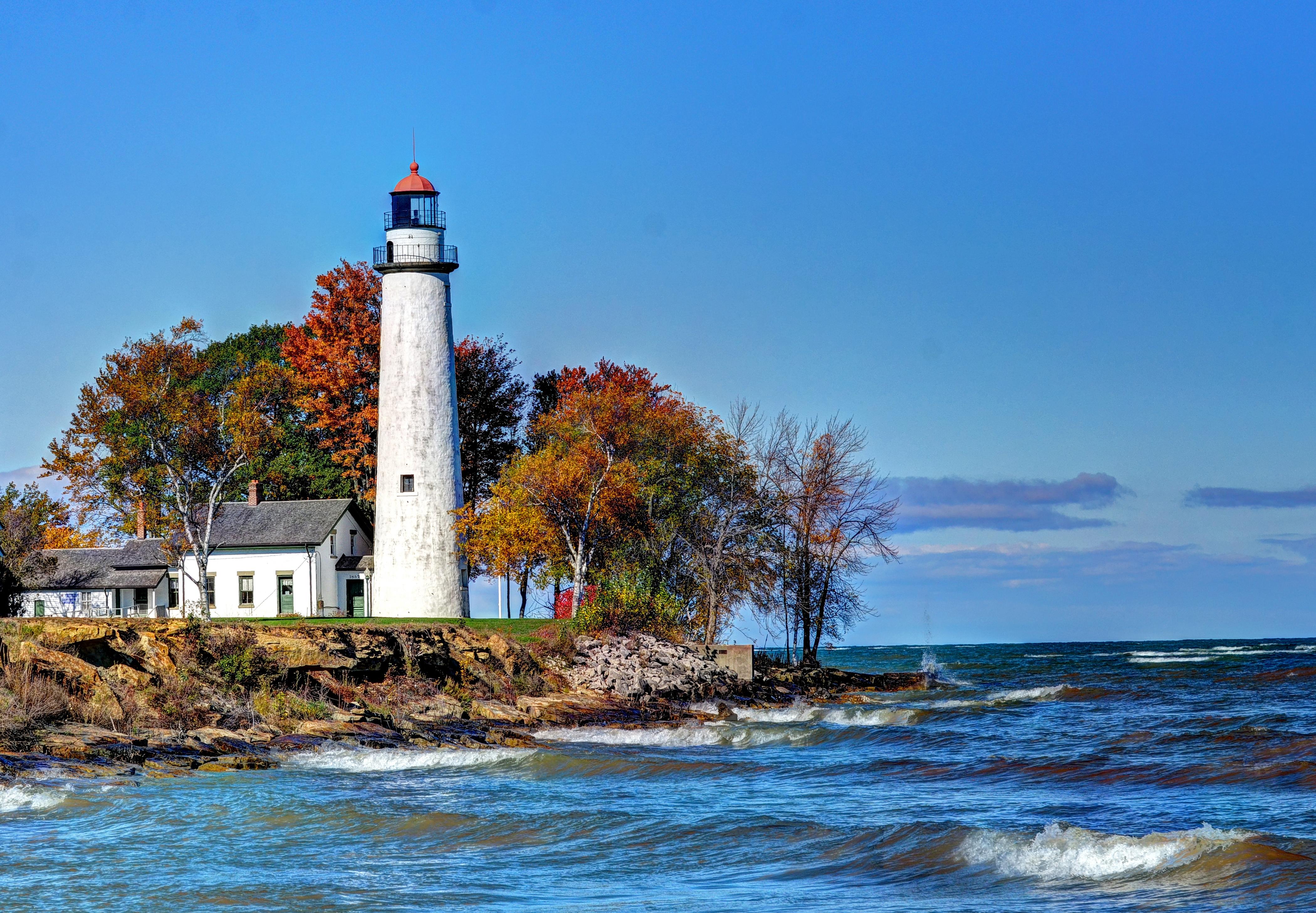Recently, I was privy to a conversation about the rising economic and political crisis between the United States and everyone else, and it got me thinking.
Can we really be hopeful in today’s society? A lot of evidence points to everything in this world inevitably falling apart. But do we, as Christians, really have to worry about it?
Well, yes and no.
A friend of mine used to say “Some people are so heavenly minded, they’re of no earthly good.” What I think he meant by this is that people can focus so intently on being Godly (and looking towards Heaven) that they can’t be bothered with practical, day-to-day issues. If you tell someone “I’m really struggling right now with this issue” and the only answer they ever give you is “You just need Jesus!” that’s not actually helpful at all. Yes, in the greater sense, we all need Jesus… but I need practical help with a practical problem right now, and praying isn’t going to miraculously fix my hurting back, or my relationship problems, or fill my car’s gas tank.
The Truth
We live in a very broken, sinful world. There’s nothing we can do that will change that. We suffer and groan under the weight of imperfect mortality, and all the pain and joy that comes along with that. Just praying for something doesn’t automatically make it happen. According to the Bible, people since the Garden of Eden are not inherently good. And we live in a society that reflects that.
Lots of people will promise you an Earthly Utopia, but that will never happen until Christ returns. (See Revelation 21:1, Isaiah 65:17, and 2 Peter 3:13) So what are we to do in the meantime? Should we just hide in waiting? Should we fight to establish “an earthly Kingdom” like some preachers insist? And don’t even get me started on the heresy of the “Seven Mountain Mandate” and Dominionism.
The Underground Church
Really, we are in a place where we’re about to discover the harsh reality that most other countries have known for millennia: the World does not like the Church. And it never will.
What we’re seeing now, and will begin to see more of, is Christian believers withdrawing from corporate churches that have been corrupted by the world. The idea of “All things to all people” has been corrupted by pastors and teachers saying we have to be more like the world in order to reach them… and that’s just not the case.
We (the Church) are to be a City On a Hill, a lamp on a lampstand that shines light over everything dark in the world. But instead, we’ve become shadows of the world- doing things just like them in order to “reclaim the marketplace for Jesus.” It’s prideful, it’s idolatry, and it’s wrong.
Paul didn’t become part of the world in order to reach them- he brought Christianity where it hadn’t been before. He did not imitate pagans in order to attract them in the hopes of converting them.
Pagan vs. Godly
We read in 1 Kings 18 how Elijah, considered to be one of the Godliest prophets to ever have lived, contrasts with Pagan preists.
The pagans spent hours dancing, cutting themselves, whipping themselves into a frenzy in order to attract the attention of their false god, Ba’al. Elijah relentlessly mocks them and their false god, until he finally prepares an altar and ushers down fire from heaven.
There’s a very interesting part of this story that I want you to see:
When Elijah confronts the people of Israel about their sin and idolatry, they remained silent.
Only after they saw God utterly consume the sacrifice with fire did they snap out of their indifference and fear God.
The church today, i.e. most people calling themselves Christians, are indifferent. Just like the people of Israel, they think they can serve God and Ba’al, because they’re hedging their bets. They’re covering all the bases. They think they’re being “all things to all people” but really, they’ve just become corrupted by the world.
Does that mean we should become separatists, like the Amish? Honestly, that’s not a horrible solution. They do business with the world, they interact with people outside their communities- but they’re extremely diligent in keeping the world’s influence out.
What about us? Should we withdraw from society and build walls?
No, not really. But we should build walls around our hearts, to keep them pure, to prevent corruption from the world. I don’t need to watch popular TV shows to relate to people. I don’t have to like sports to reach people, to become a City On a Hill.
God knew how easy it was for His people to become corrupted. We often see God directing Israel in the Old Testament to completely destroy a pagan city, including the women, children, and animals, because they would give root to corrupt Israel.
We see King Saul, Israel’s first king, disobeying this command, which cost him his throne and his life. We see David’s son Solomon, revered as the wisest man alive, fail to keep his heart pure, and allowed his multiple pagan wives to draw his heart away.
When we think we can “reclaim X for God” or whatever you want to call it- we’re prideful in assuming we have the strength to use it and not be corrupted by it. Israel, God’s chosen people, broke this commandment so many times that God eventually allowed them to be wiped off the face of the earth, save a small group. They refused to keep themselves pure, and became corrupted unto their own destruction.
Where does our hope lie?
Our strength, our purity, our power, comes only from God the Father, enabled through Jesus’s sacrifice, and enacted by the Holy Spirit.
Our strength doesn’t come from our compassion- it comes from God’s compassion. Our effectiveness doesn’t come from our ingenuity- it comes from the Holy Spirit. Our attractiveness doesn’t come from our efforts- it comes from the Cross.
But the world hates the Cross, and hates us also by association. If we corrupt ourselves to become attractive to the world, then we’ve accomplished nothing, and have tarnished the reputation of Christ.
We are to be a holy people- set apart, kept pure, for God’s use and glory. Anything else is unacceptable. Beware of the leaven of the Pharisees, for only a little will spread through an entire loaf of bread.
Pure means pure. Holy means “set apart, not common or corrupt in any way.”
If we pursue holiness, rather than appeal to the lowest common denominator, we will see the Church grow like it never has before.

